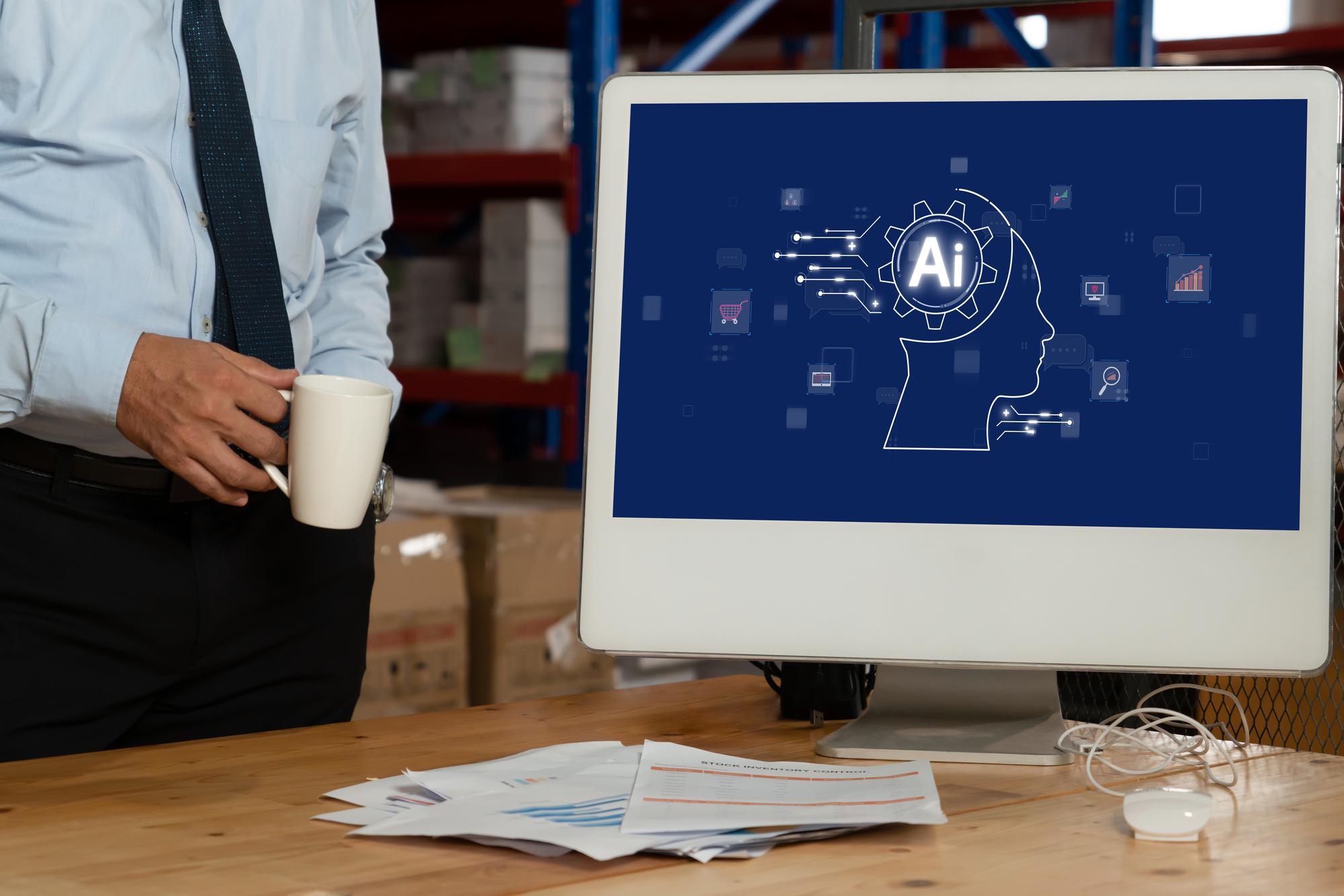Artificial Intelligence (AI) is transforming industries, assisting humanity in countless ways. From viral clips showcasing its capabilities to advanced digital assistants, artificial intelligence is everywhere. Soon, AI will recognize customers by face or voice, guiding them seamlessly. This article explores why learning artificial intelligence is essential for 2025.
Reasons to Learn Artificial Intelligence
Artificial Intelligence offers compelling benefits:
- Career Opportunities: Advanced technologies span programming and engineering but aren’t limited to them. For instance, healthcare AI tools require domain expertise. Roles like machine learning engineer, data scientist, or business intelligence developer are in demand, with these technologies comprising 15–20% of jobs in many firms.
- Futureproofing: As technology advances, understanding these innovations ensures you stay relevant. This field evolves rapidly, making continuous learning vital.
- Job Prospects: Mastering skills related to these technologies boosts employability across industries.
- Societal Impact: Automation-related technologies create jobs despite fears. Staying informed keeps you competitive.
- Crisis Management: During disasters, advanced systems analyze social media to spread critical updates, aiding relief efforts.
- Community Benefits: In agriculture, these technologies optimize water use and track crop health, boosting yields. Governments use them for smart cities, enhancing environmental planning and safety.
- Consumer Experience: These innovations enhance products like chatbots or virtual assistants, improving user interactions.
- Improved Accuracy: Paired with human insight, these systems sharpen analysis and decision-making.
- Smart Insights: These technologies identify market trends faster, driving innovation.
Disadvantages of Artificial Intelligence
While artificial intelligence is powerful, it has drawbacks:
- Job Displacement: Automation may replace repetitive tasks, like assembly line work, though AI creates new roles. It’s a long-term workforce benefit.
- Lack of Transparency: Complex AI models can be opaque, raising trust concerns about data usage.
- Privacy Risks: AI systems, like chatbots, collect personal data, sparking privacy worries.
- Reduced Human Influence: Over-reliance on advanced technologies may diminish empathy in fields like healthcare, affecting human connection.
AI Career Roles
Advanced technologies open diverse career paths:
- Computer Scientist: Develops AI tools and analytics, innovating machine learning systems.
- AI Researcher: Focuses on advancing AI concepts and algorithms.
- Business Analyst: Applies AI to optimize sales and marketing strategies.
- Data Scientist: Extracts insights from datasets for AI applications.
- Software Engineer: Builds AI frameworks using languages like Java or C++.
For AI-driven business ideas, see our [AI Business Ideas].
Conclusion
Emerging technologies are transforming industries and society in 2025. Gaining knowledge in this field prepares you for dynamic careers, meaningful contributions, and driving innovation. Adapting to these changes ensures success in a rapidly evolving world.







